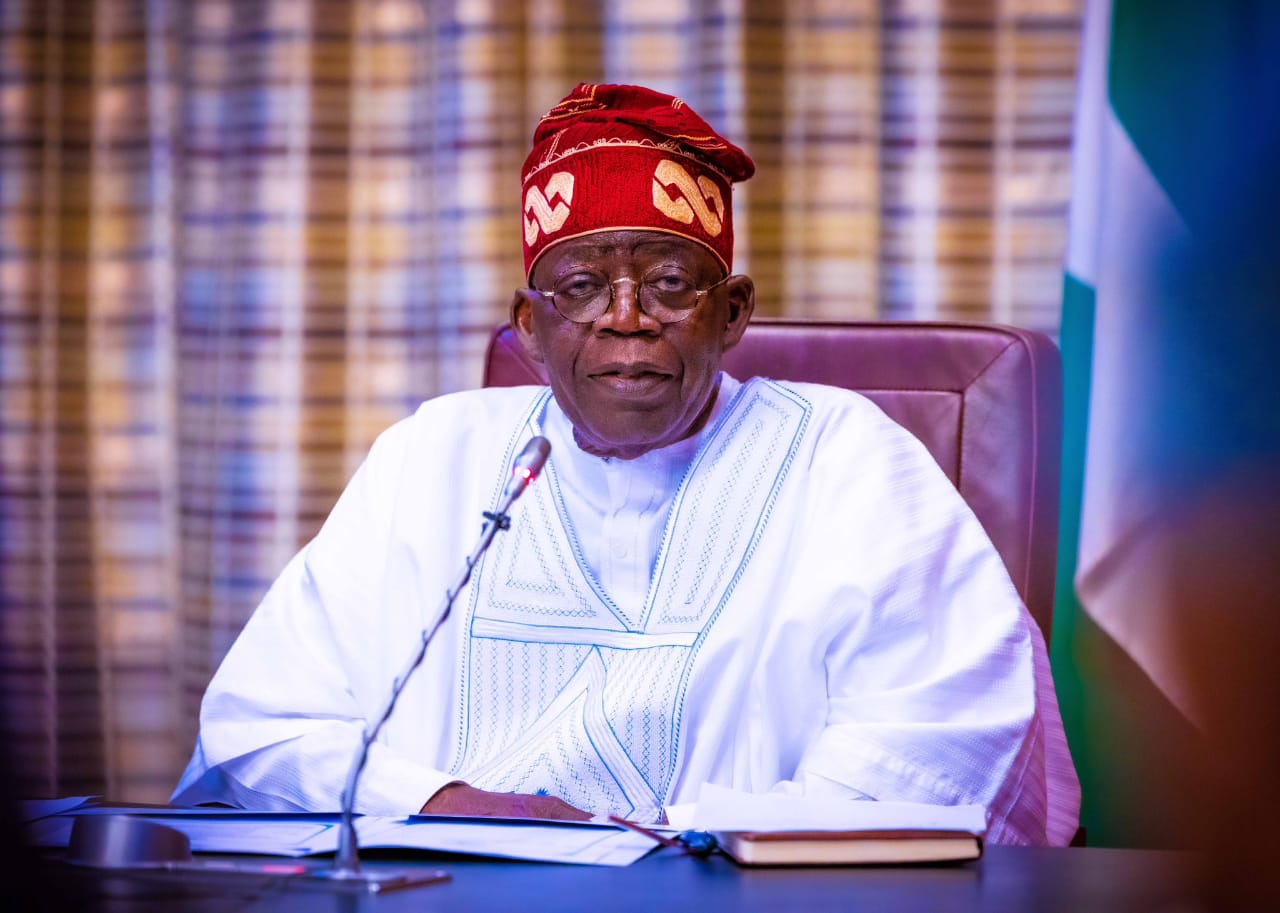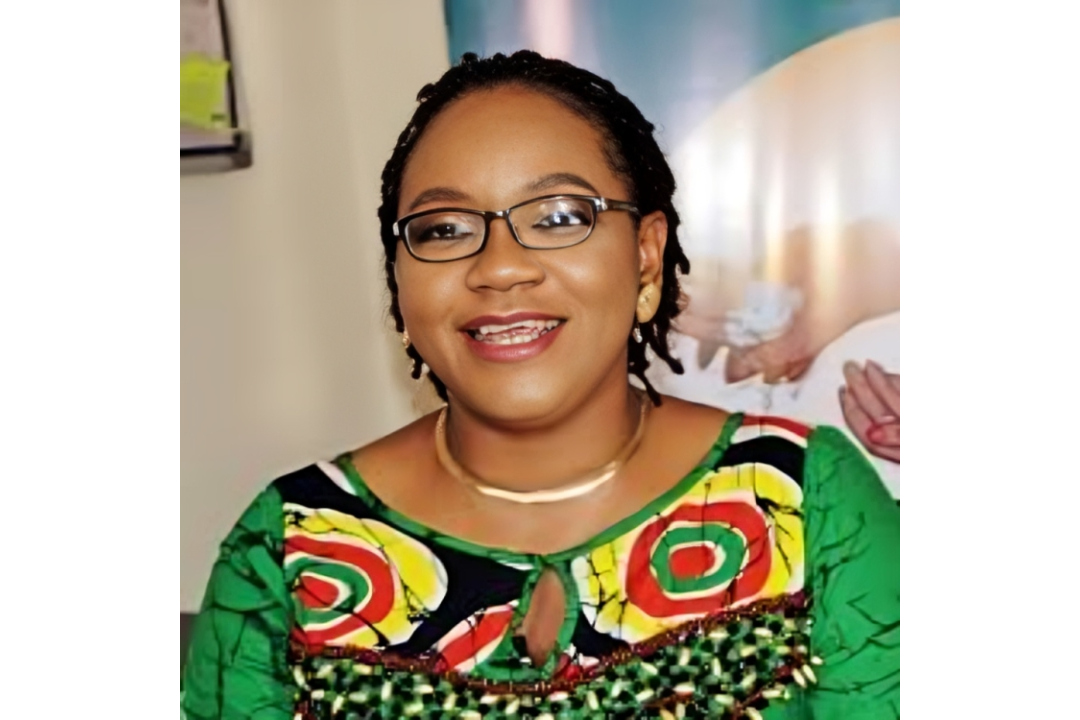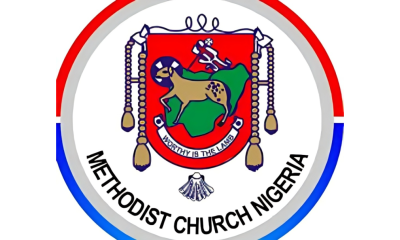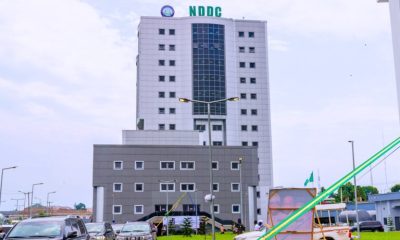NEWS
Domestic Revenue Mobilization ‘ll Aid National Devt – RMAFC

By Tony Obiechina, Abuja
The Chairman of the Revenue Mobilization Allocation and Fiscal Commission (RMAFC), Dr. M.B. Shehu has called for a robust approach to domestic revenue mobilisation to finance national development.
Dr. Shehu stated this at the just concluded 2024 edition of the National Council on Finance and Economic Development (NACOFED), with the theme, “Fostering Economic Growth in Challenging Times: Strategies for Policies and Partnership for Fiscal Sustainability and National Development”, held in Bauchi.
He emphasized the urgent need for diversifying Nigeria’s revenue base to ensure fiscal independence and economic resilience.
Shehu noted that Nigeria’s reliance on oil revenue, coupled with global price volatility and rising debt burdens, has highlighted the need for sustainable alternatives. “Boosting domestic revenue provides a predictable foundation for national planning and reduces reliance on external borrowing,” he stated.
The Chairman identified taxation, non-tax revenues, state-owned enterprises, and the non-oil sector as pivotal sources of domestic revenue. He highlighted the significance of enhancing efficiency in tax administration and broadening the tax base by integrating the informal sector into the economy.
He further called for the development of solid minerals, agriculture, technology, and tourism. He pointed out the potential of these untapped non-oil sectors to boost employment and attract foreign investments while also contributing significantly to the nation’s revenue.
He also recommended diversifying revenue sources, strengthening tax systems, and promoting transparency and accountability. He also stressed the need to invest in renewable energy, education, and infrastructure to foster long-term growth.
He said, “Domestic revenue mobilization is not just a financial necessity but a pathway to Nigeria’s economic self-reliance.
“By prioritizing inclusive growth and strategic investments, Nigeria can build a sustainable and resilient economy capable of meeting the aspirations of its people.” he added.
NACOFED is a financial body primarily overseen by the Federal Ministry of Finance that serves as a platform for coordinating economic policies and strategies across all tiers of government (federal, state, and local) to drive national economic development. It is a forum where key stakeholders discuss and agree on crucial financial and economic issues affecting the country.
According to a statement by Maryam Umar Yusuf, Head of Information and Public Relations Unit of RMAFC, the Minister of Finance and Coordinating Minister for the Economy, Wale Edun, Permanent Secretary, Federal Ministry of Finance, Lydia Jafiya, the Accountant General of the Federation, Oluwatoyin Shakirat Madein, Chairman Revenue Mobilisation Allocation and Fiscal Commission, Dr M.B Shehu Commissioners of Finance and Accountant Generals from the 36 States of the Federation including the FCT were among the stakeholders that attended this year’s conference.
Metro
Tinubu Approves Deployment Of 2 New Perm Secs

President Bola Tinubu has approved the deployment of two newly appointed Federal Permanent Secretaries to key ministries.
This is contained in a statement issued by Mr Eno Olotu, Director, Public Relations, Office of the Head of the Civil Service of the Federation (HCSF), on Monday in Abuja.
Olotu said the move aimed at enhancing governance and promoting effective service delivery.
According to him, the permanent secretaries were appointed following a competitive selection process and are expected to bring experience, professionalism and innovation to their respective roles.
Listing the names of the officials and their postings, Olotu said Mr Rafiu Adeladan was deployed to the Federal Ministry of Communications, Innovation and Digital Economy, while Dr Mukhtar Mohammed was deployed to the Federal Ministry of Arts, Culture, Tourism and Creative Economy.
“The HCSF, Mrs Didi Walson-Jack congratulated the new appointees and urged them to demonstrate professionalism, accountability, and leadership in their new assignments.
“She reiterated the Federal Government’s commitment to strengthening institutional capacity and ensuring efficient policy implementation across ministries,” he said
Health
NCDC Urges Stronger Hand Hygiene Culture In Healthcare

As part of activities to mark the 2025 World Hand Hygiene Day, the Nigeria Centre for Disease Control and Prevention (NCDC) has emphasised that hand hygiene is not just a clinical procedure.
It is a moral obligation and a public health imperative that must be embedded in the culture of healthcare delivery nationwide.
Dr Tochi Okwor, Head of Disease Prevention and Control at the NCDC, said this on Monday during a commemorative event held at Maitama District Hospital in Abuja.
Okwor reiterated that hand hygiene remained one of the most effective measures for preventing healthcare-associated infections (HAIs), limiting the spread of antimicrobial resistance (AMR), and ultimately saving lives.
“The theme for 2025 campaign, ‘It Might Be Gloves. It’s Always Hand Hygiene,’ highlights the misconception that wearing gloves alone is enough to prevent infection.
“Gloves can become sources of contamination if not used properly or if hand hygiene is neglected before and after use.
“Glove stewardship, like antimicrobial stewardship, must be grounded in evidence, risk assessment, and responsible use,” she added.
Highlighting Nigeria’s progress in infection prevention and control (IPC), Okwor noted significant achievements, including the implementation of the Turn Nigeria Orange (TNO) movement, which assessed and strengthened IPC systems across the country.
She explained that the agency had established the Orange Network, a cohort of healthcare facilities serving as centres of excellence for IPC, antimicrobial stewardship (AMS), WASH, and diagnostics.
“Other key milestones include the launch of a national IPC policy and five-year strategic plan, the establishment of a dedicated IPC budget line at the federal level, and the training of more thsn 393 certified IPC professionals.
“We’ve also developed a draft IPC legal framework, formed operational technical working groups at national and state levels, and rolled out HAI surveillance systems for real-time infection detection and response,” she said.
While policies and protocols were vital, she emphasised that true progress lied in building a culture where hand hygiene was a lived practice embraced by healthcare workers, administrators, patients, and communities.
“We must move beyond compliance to foster a culture supported by leadership role-modelling, data-driven feedback, and patient empowerment,” Okwor said.
She noted that Nigeria’s IPC strategy aligned with the WHO’s Global IPC Strategy (2024–2030), supporting national health goals such as Universal Health Coverage and Primary Health Care revitalisation.
“Let every clean hand be a declaration that safety matters, that patients deserve better, and that no one should be harmed in the process of care,” she added.
Dr Rita Idemudia, Medical Director of Maitama District Hospital, stressed the significance of consistent hygiene practices in both healthcare and community settings.
“About 60 per cent of diseases can be prevented through proper hand hygiene,” she said, adding that regular handwashing was one of the most cost-effective ways to reduce infections and promote public health.
The event lauded institutions like Maitama District Hospital for translating national IPC policies into practice, setting benchmarks in implementation and demonstrating a commitment to patient safety.
The World Health Organisation (WHO) observes May 5 each year as World Hand Hygiene Day to raise global awareness about the importance of clean hands in preventing infections and safeguarding healthcare systems.
The event ended with a call to action urging all healthcare stakeholders to recommit to hand hygiene as a life-saving practice, one that must never be overlooked, regardless of gloves or other protective equipment in use.
NEWS
Methodist Synod Urges FG To Enhance Police Capacity to Combat Ritual Killings

From Ene Asuquo,Calabar
Methodist Church of Nigeria, Calabar, Synod has charged President Bola Tinubu to take immediate action to enhance the capacity of police personnel to effectively address the rising wave of ritual killings and insecurity challenge troubling the the country.
They called on government at all levels to galvanize state apparatus to stem the tide of unabated shedding of innocent blood through wanton killings, vandalization and plundering of national assets.
The Synod noted with dismay the return of paganism, and alarming rate of sacrifices of innocent persons in different parts of the nation for money making purposes by evil individuals in the country.
Chairman, 3rd Annual Synod, Methodist Church of Nigeria, Diocese of Atamunu Calabar, Rt. Rev. Otuekong Ukut Ph.D, gave the charge while commenting on the state of the nation in Calabar yesterday.
He decried that innocent persons had been murdered and sacrifice for money ritual purposes to wicked gods for with the perpetrators of this dastardly act deceiving themselves that they will make wealth wealth and riches from organ harvesting and trafficking.
Clauses from the 10-point communiqué issued by the Synod signed by the chairman Rt. Rev Bishop Otuekong Ukut Ph.D, Synod Secretary, Very Rev. Anthony Essien and Lay president Sir Dr. Gabriel Inyang, called for quick strengthening of the capacity of law enforcement agents to enhance investigation, prosecution of ritual killers.
The Synod urged authority of the Nigeria police to improve the knowledge of its personnel, concentrate more on intelligence gathering to identify and disrupt ritual killing networks.
The clerics urged president Tinubu to address underlying issues that includes implementation of policies that will reduce poverty, inequality as well as establish social safety nets to support vulnerable people.
The Synod, admonished churches and Christians to wake up in prayer, be vigilant, so more evangelical to win souls to Christ and bring repentance to these perpetrators.
Other issues which the Synod wants federal government to addressed include, Inter-religious relationship, ecclesiastic matters, restructuring of the nation, state of the economy, reform of Judiciary, state of Cross River, rehabilitation of Calabar Itu road among others.
| ReplyReply allForwardAdd reaction |





















